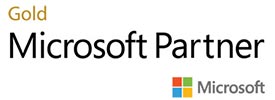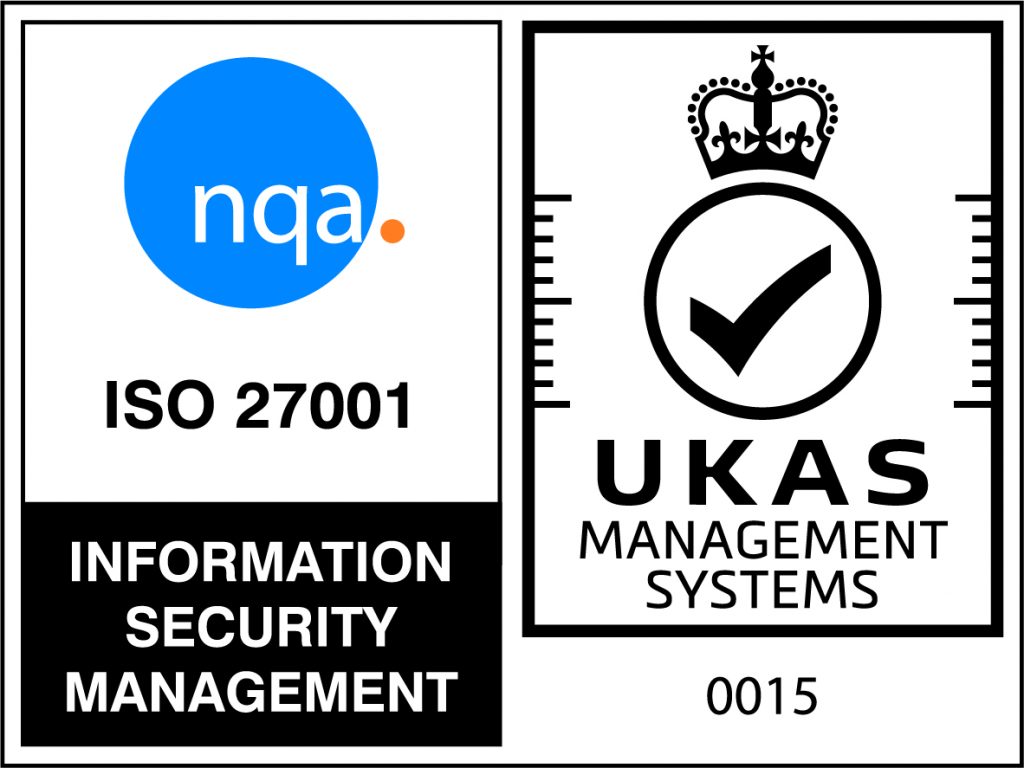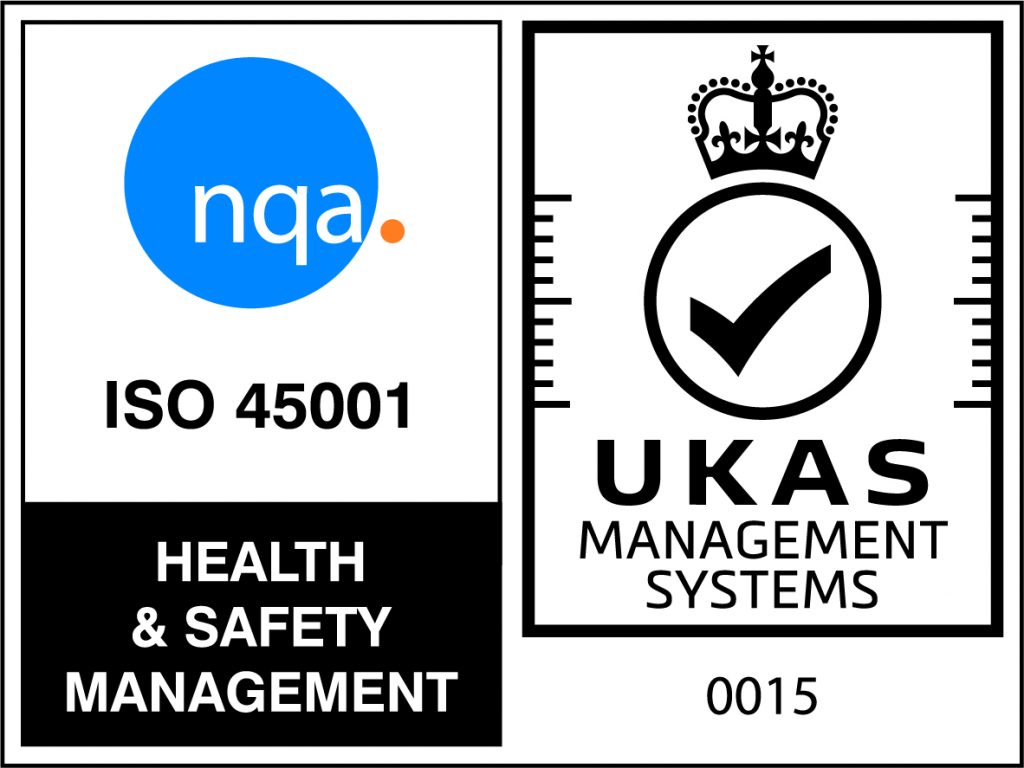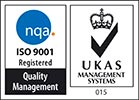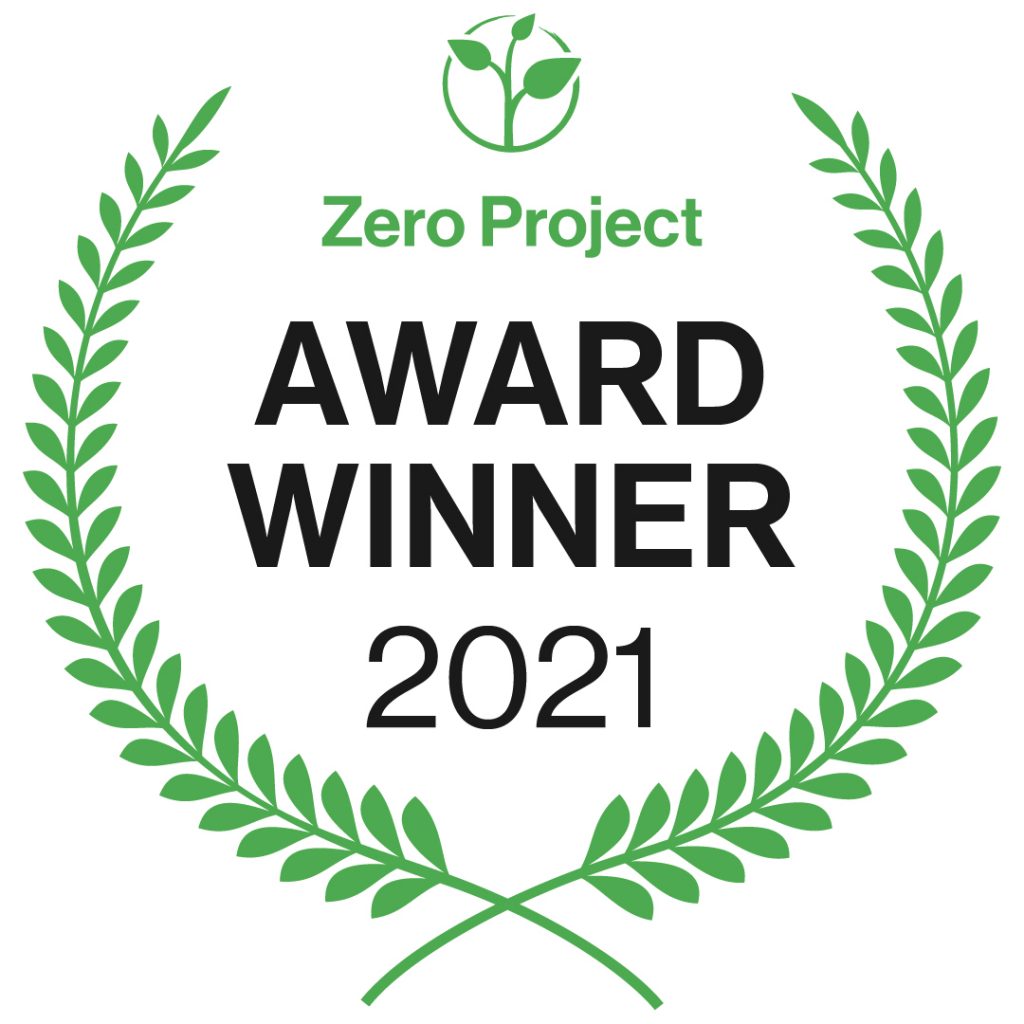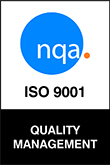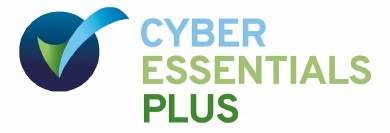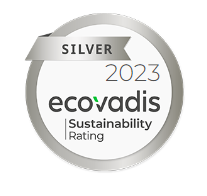The changing face of making adjustments
Talking with a company recently I got the impression that the market is a long way behind the eight ball when it comes to making reasonable adjustments during the recruitment process. A lot of people are advertising, saying that they welcome people of difference and don’t discriminate on the basis of any of the protected characteristics but failing to offer the required support. Conversely, there are some great examples of the companies in the media industry, for example, that go the extra mile, considering all forms of disability and offering adjustments during the recruitment process. Such companies are Disability Confident Leaders and it really shows; as a result, they attract and retain the best talent.
I’d love to see more companies following that example. Why not share questions with all applicants, in advance. The interview is not a test, it’s an opportunity for candidates to shine, to show you what they bring to the table. Surely you want the best person for the job and not just the best person at talking tests? There are so many cognitive challenges that people can face, whether they have a learning disability, dyslexia or any other neurodiversity. However, that doesn’t mean they can’t do a brilliant job. Indeed, we have seen loads of excellent work done at GCHQ, the Big Four and others on forming academies and taking batches of neurodiverse candidates, to harness their different outlooks. This is positive action and allowed under the Equalities Act 2010, as long as they don’t specify a single disability above others. The challenge here can simply be one of supporting that cohort once in post.
Access to work is a resource for people looking for a government grant for adjustments when they start work or if they gain a disability or long-term health condition while already in work. There are time delays owing to the numbers of people that apply, but it can help you during the interview process if you are Visually Impaired or Blind, d/Deaf or have a mental health condition. This is a really helpful grant and you should build it into your onboarding process. All adjustments recommended in an assessment will be 100% funded in the first 6 weeks. After that there is an employer cost share of £1000 plus 20% of the cost of kit.
At Microlink, I spend a lot of time reviewing and advising on our clients’ recruitment practices. There are a number of other suppliers that provide this service and do it well, but the breadth and depth of Microlink’s offering is unique. We offer a complete deep dive on your recruitment web pages, to ascertain whether they are fully accessible. We ensure, with more interviews being face to face and the overarching trend of a return to the office, that your spaces are physically accessible. For companies focusing on neurodiverse talent, we determine whether you are providing sensory ergonomics that help this talent to succeed. With my background in recruitment and twenty years’ experience in recruitment accessibility, you can also feel assured that your recruiters and hiring managers are supported by someone who speaks their language and understands their motivators and blockers.
Microlink is here to support recruitment initiatives, positive action plans, recruiting with a difference and training to embed the new ways of going to market. We will help you on your Disability Confident journey and validate your work at every stage. We will even help you convince the board that this is the very best investment to attract more talent and retain the talent you have.
Tracey Abbott, Access Consultant, Recruitment




